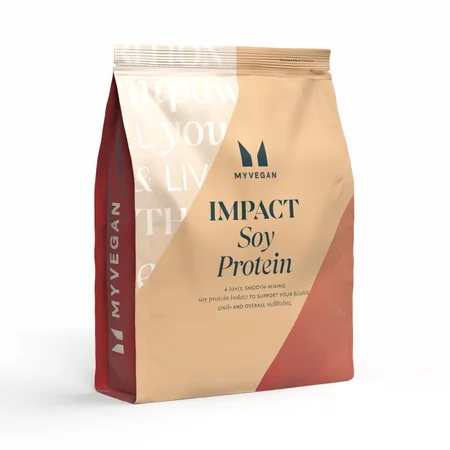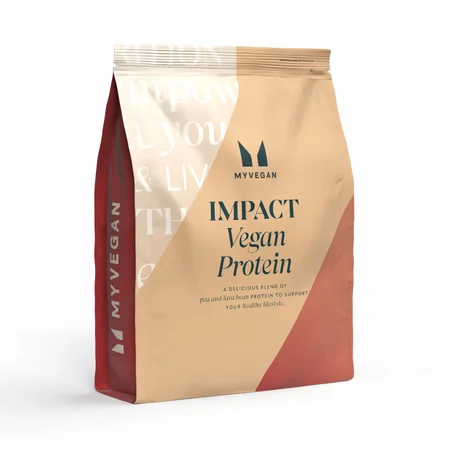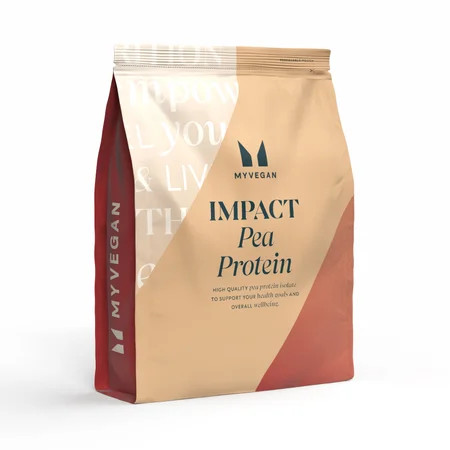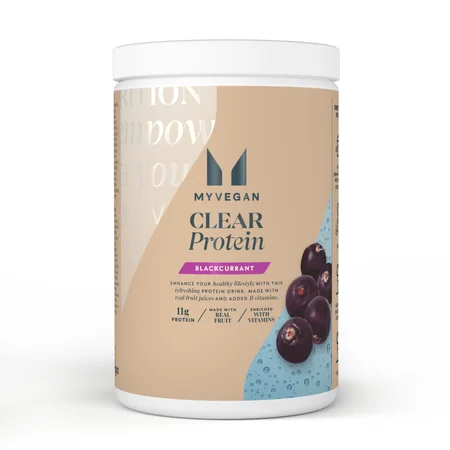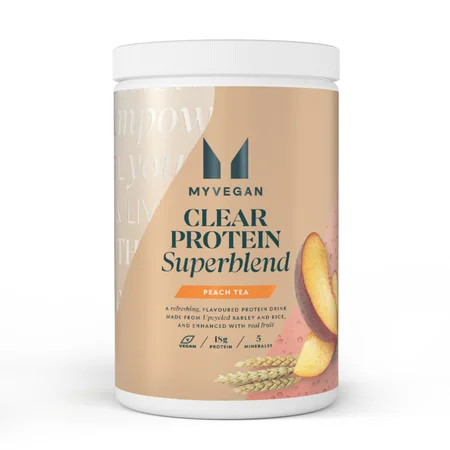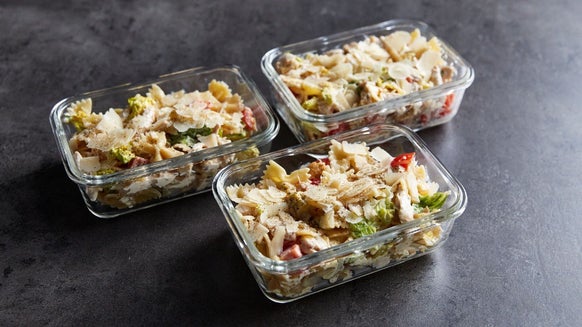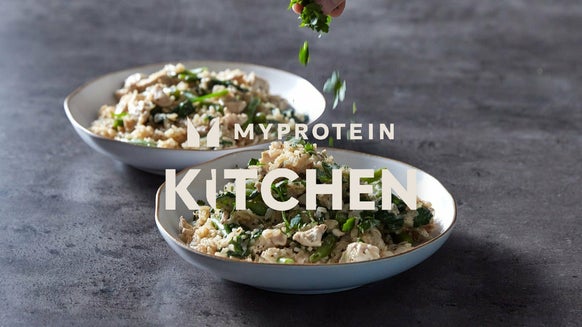8 Best Plant-Based Milks
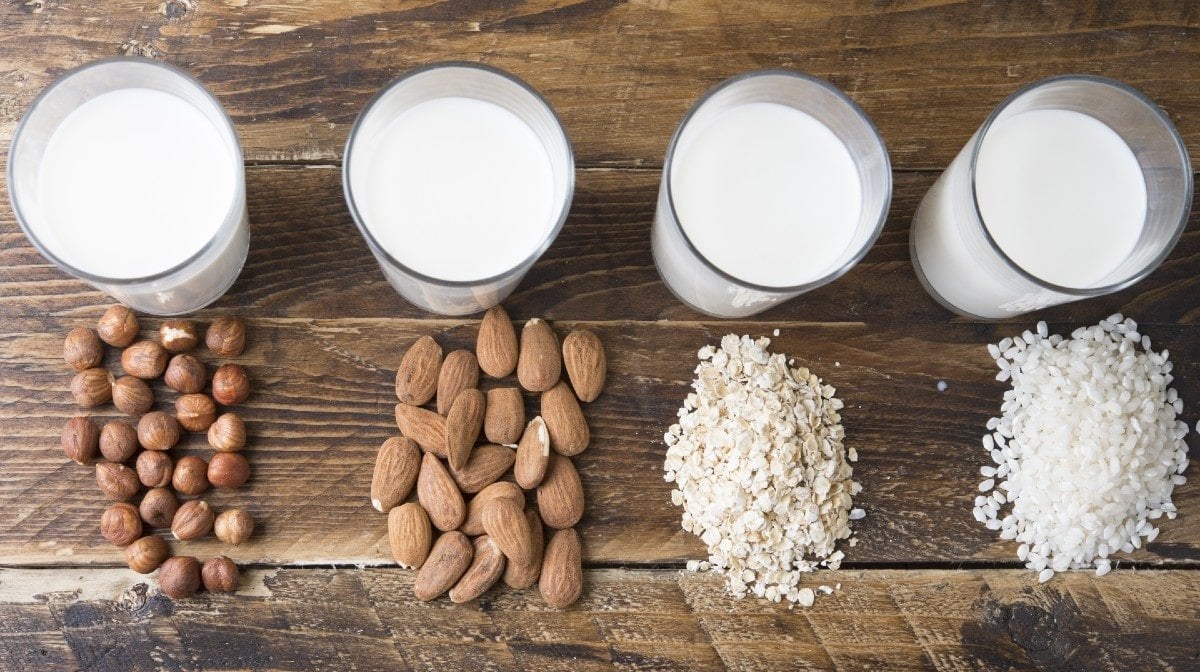
Plant-based milks have surged in popularity in recent years. While alternative milks, such as almond, soy, and cashew milk, have been readily available for some time, it’s other non-dairy options that have been making a splash, with oat, rice and coconut increasing in popularity. Whether your priority is nutritional value, animal welfare, environmental impact, lactose or dairy milk allergens, or it’s simply a matter of taste, you’re spoilt for choice with options. In this article we’ll take you through eight of the best vegan alternatives to find the best plant-based milk.
- Why do we drink milk?
- What is plant-based milk?
- Why you may want to try a dairy-free milk alternative
- Best plant-based milks
- Nutritional value of plant-based milks
- Potential risks/considerations of plant-based milks

Why do we drink milk?
Most of us grew up drinking cow’s milk, and it’s still recommended as the primary beverage for children under age 2 who are growing rapidly and no longer breastfeeding or drinking formula. It contains the calcium, magnesium, and potassium in addition to the protein and fat (if whole or 2% milk) that helps children meet their dietary needs.
What is plant-based milk?
Plant-based milk is a dairy-free alternative to cow's milk. They normally have a similar taste, texture, and look but come from plant sources rather than animal sources.
Why you may want to try a dairy-free milk alternative
Before we discuss the different types of dairy-free milks and their benefits and drawbacks, let’s think about the many reasons that someone might choose a dairy-free alternative to traditional cow’s milk.
Allergy / intolerance
A primary reason for avoiding cow’s milk is when a person is allergic to milk protein or has a lactose intolerance. A true food allergy to milk is likely attributed to either whey or casein, the two primary proteins in dairy milk. This often requires avoiding other dairy foods as well.
An intolerance to a food is not as severe as the body’s response to an allergy, but can cause a wide variety of other symptoms that make people avoid a certain food — inflammation, gastrointestinal discomfort, etc. Some people can tolerate lactose-free milk or consume milk with the help of a medication that breaks down lactose, while others choose to avoid cow’s milk products altogether.
If you suffer from lactose intolerance, try our whey-free proteins:
Calories / carbs
Because many alternative milks are primarily water, they can be significantly lower in calories and carbohydrates than even fat-free dairy milk. For example, a cup of skim cow’s milk contains 80 calories and 12 grams of carbs, while plain unsweetened almond milk has 35 calories and 2 grams of carbs.2,3 Keep in mind that the carbs in plain cow’s milk are mostly from lactose, or milk sugar.
Non-dairy milk doesn’t taste sweet and isn’t the same as the added sugars in chocolate milk or soda. For anyone trying to limit their calorie or carbohydrate intake, including those trying to lose weight or better manage their blood sugar, an unsweetened alternative milk can be a great choice. They can be a tasty alternative to water in smoothies or protein shakes. However, many products have added sugars and fall short in other categories — which we will discuss later.
Cholesterol and fat
Because cow’s milk is an animal-based product, it naturally contains some cholesterol (skim has about 5mg in a cup).2 Anyone who is trying to monitor or limit their cholesterol intake would benefit from an alternative plant-based milk, as plant products don’t inherently contain any cholesterol.
Regular or “whole” cow’s milk contains about 8 grams of fat, 5 of which come from saturated fat. While there are several varieties of reduced fat and fat-free milk on the market as well, many people prefer the taste and texture of whole milk.
Plant-based diets
Even without health concerns, some people prefer to follow vegetarian and vegan diets or otherwise limit animal-based foods for environmental or animal welfare reasons. Alternative milks and their accompanying products (like dairy-free yoghurt, cheese, and ice cream) are popular among those following plant-based diets.

Vegan Protein Powder | Best Vegan Alternatives To Whey Protein
Nutritionist unpacks your options.
Functional foods
Although cow’s milk is a natural source of many nutrients, like protein and calcium, plant-based milk alternatives can be sources of other powerful nutrients that are appealing to those searching for functional foods with health benefits. Soy milk contains isoflavones and phytosterols, which can help protect against disease and lower cholesterol.1 Rice milk is also high in phytosterols that can help protect against oxidative damage and chronic disease.1 Oat milk contains the protective effects of beta-glucan, which has been associated with improving cholesterol, while almond milk contains arabinose, a prebiotic compound, and coconut milk contains lauric acid which aids in immunity and promotes brain development.1

Environmental impact
Others may choose plant-based dairy-free milks to reduce the environmental impact of cow’s milk. There is a movement to reduce the amount of food waste and energy that it takes to contribute to our food supply. However, depending on the processing of the alternative milk you choose, there may be additional food waste from the production process.
You can make them at home
If you have almonds, cashews, or oats on hand, you can find recipes online to make your own dairy-free milk alternatives — far easier than milking a cow every morning. Often they involve soaking the starting product in water for several hours, blending and then straining the solids to reserve the “milk” left behind. Homemade “milks” with no other additives may be the purest option (with nothing added) but will often have a shorter shelf life than a commercially prepared product. Making your own dairy-free milk at home will also not have the benefits of added calcium, vitamins, or other nutrients that may be included in packaged products.
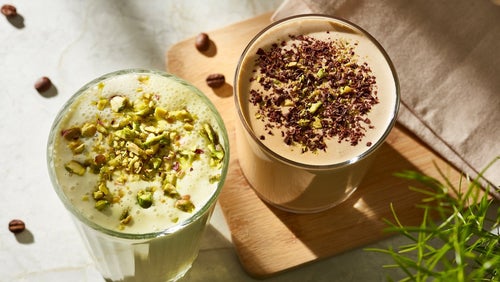
High Protein Shakes To Boost Your Daily Intake & How To Make Them
Your daily protein shake will never be boring again.
Best plant-based milks
So, we've gone over why you might want to make the switch to plant-based milks, but which one should you choose?
1. Almond milk
Slightly sweet and nutty in flavour, it’s often popular as it’s low in calories and fat. Its almond content is typically around 2%, so it’s actually very low in protein, and it’s a much less concentrated source of beneficial nutrients than whole almonds due to its usually high-water content. Cashew milk: Very creamy in consistency; most of the fats are the healthy monounsaturated form.
2. Coconut milk
Also, very creamy in texture, it has one of the lowest carbohydrate and protein contents of all milk alternatives. It has a high fat content, with mainly 90% saturated (the one you don’t too much of) fat. It also has a high number of medium-chain triglycerides (MCTs).
3. Hazelnut milk
Sweet and nutty, hazelnut milk contains relatively high calories, fat and carbs, and is low in protein compared to other plant-based milks. It does taste great, though.
4. Hemp milk
Slightly sweet, nutty and thin in texture, it contains similar amounts of fat to cow’s milk, but around half the calories and protein (but it is one of the few plant-based sources of complete protein).
5. Macadamia milk
Mostly water and typically only 3% macadamias, this is one of the more recent milk alternatives on the market. It is richer, smoother and creamier than most non-dairy milks. It is low in carbohydrates and protein, and is a great source of healthy fats.
6. Oat milk
Naturally sweet and mild in flavour, it tastes great with cereals and in smoothies. It has double the amount of carbohydrates and half the amount of protein of cow’s milk. Oat milk has one of the highest amounts of fibre out of all the milk alternatives.
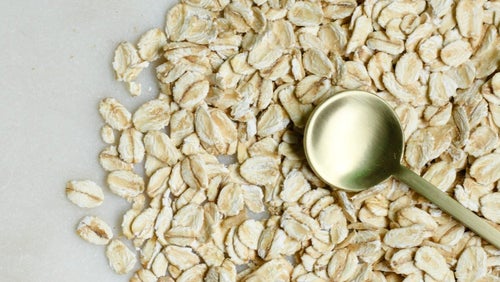
Oat Milk | What Is It? What Are Its Benefits? Should You Be Drinking It?
All about this creamy dairy alternative.
7. Rice milk
Rice milk is the least allergenic of all the non-dairy milks. It is high in carbohydrates and calories, contains little protein, but is low in fat. It’s also great in smoothies.
8. Soya milk
The taste can vary between brands, but soy milk is the closest non-dairy alternative to cow’s milk in terms of protein quantity. It’s one of the few milk alternatives to be a complete source of protein, which means it contains all essential amino acids.
Nutritional value of plant-based milks:
| Milk (per 100ml) | Kcal | Protein (g) | Fat (g) | Carbohydrate (g) | Calcium (mg) |
| Semi skimmed cows milk | 48 | 3.5 | 1.7 | 4.7 | 120 |
| Almond milk | 13 | 0.4 | 1.1 | 3 | 124 |
| Cashew milk | 23 | 0.5 | 1.1 | 2.6 | 9 |
| Coconut milk | 19 | 0.1 | 1.9 | 0.4 | 16.2 |
| Hazelnut milk | 29 | 0.4 | 1.6 | 3.1 | 114 |
| Hemp milk | 35 | 2 | 3.1 | 0.5 | 220 |
| Macadamia milk | 27 | 0.4 | 2.1 | 0.5 | 40 |
| Oat milk | 51 | 1.3 | 2.1 | 6.8 | 120 |
| Rice milk | 51 | 0.4 | 1.1 | 9.7 | 118 |
| Soya milk | 33 | 3.4 | 1.9 | 0.2 | 125 |
Potential risks/considerations of plant-based milks
There are some potential challenges with choosing dairy-free milk alternatives. Consider these challenges before you ditch your cow’s milk completely:
Nutritional needs
Do you depend on milk and other dairy products for protein and calcium? Although alternative milks can be low in fat and calories, they often do not naturally have much protein or calcium, but many are supplemented. Be a food label detective and see exactly how they measure up when making your choice. If you avoid all dairy sources of calcium, make sure to get it from other foods like leafy green vegetables.
Different appearance, taste and texture
Many dairy-free milks don’t have the same texture or mouth feel as regular cow’s milk, mostly due to their processing. They are often a thinner liquid and may or may not be white in colour, while some may have thickeners added. Some can also separate when they sit, so it’s important to shake them well and store them according to the manufacturer’s directions. Although many are shelf stable before opening, they may also have a shorter shelf life than dairy milk. Unflavoured versions may have very little taste, while others may not taste much like the products they’re made from.

Added sugars
Dairy-free milks aren’t just limited to plain versions, but many different flavours and varieties are on the market. However, this often means lots of added sugars. In addition to checking the label for protein and calcium, see how much added sugar has been put in during processing. It’s best to look for “unsweetened” on the label instead of a chocolate or vanilla flavour. When flavours are added for taste, dairy-free milks can end up being even higher in carbs than regular milk.
Take home message
Well, now you know all about non-dairy milk and all its worth, you’re in a great position to choose which is the best for you. Soy milk’s a good option if you’re looking for something nutritionally similar to the real thing, almond and cashew milk are low in calories and fat, nearly all provide some form of unique nutritional benefit, and they all taste great.
Soy milk is the best milk alternative due to it being as close in all macro and micro nutrients to cow's milk than the other. Widely used as a substitute for cow’s milk, soy milk is notable the anti-carcinogenic properties of phytonutrients present in the milk known as isoflavones. Nutritionally, it has lower calories than cow milk, less fat and carbohydrates, and almost as many proteins.
Cow milk itself has been quite controversial as a food, though most researchers now agree that it is a wholesome food, containing all major nutrients like fat, carbohydrates and proteins. Milk also helps humans by providing a number of host-defence proteins that can help protect the body against some microbial infections. Ultimately it is the individual's choice whether they go for a dairy alternative or just stick to cow's milk. But these are eight of the best plant-based milk alternatives.
READ THESE NEXT:

High Protein Shakes To Boost Your Daily Intake & How To Make Them
Your daily protein shake will never be boring again.

Oat Milk | What Is It? What Are Its Benefits? Should You Be Drinking It?
All about this creamy dairy alternative.

How Much Water Should I Drink A Day?

- Sethi, S., Tyagi, S. K., & Anurag, R. K. (2016). Plant-based milk alternatives an emerging segment of functional beverages: a review. Journal of food science and technology, 53(9), 3408-3423.
- “Nonfat milk”. Nutrition Data. Self.com, 2018. Web. 22 Oct. 2019.
- “Almond milk, Blue Diamond, Unsweetened”. Nutrition Data. Self.com, 2018. 22 Oct. 2019.
- “Soy milk”. Nutrition Data. com, 2018. 29 Oct. 2019.
- “Coconut milk.” Nutrition Data.com, 2018. 29 Oct. 2019.
- “Rice milk.” Nutrition Data. com, 2018. 29 Oct. 2019.
- “Cashew milk.” Nutrition Data.com, 2018. 29 Oct. 2019
- Clifton, P. M., & Keogh, J. B. (2017). A systematic review of the effect of dietary saturated and polyunsaturated fat on heart disease. Nutrition, Metabolism and Cardiovascular Diseases, 27(12), 1060-1080.
